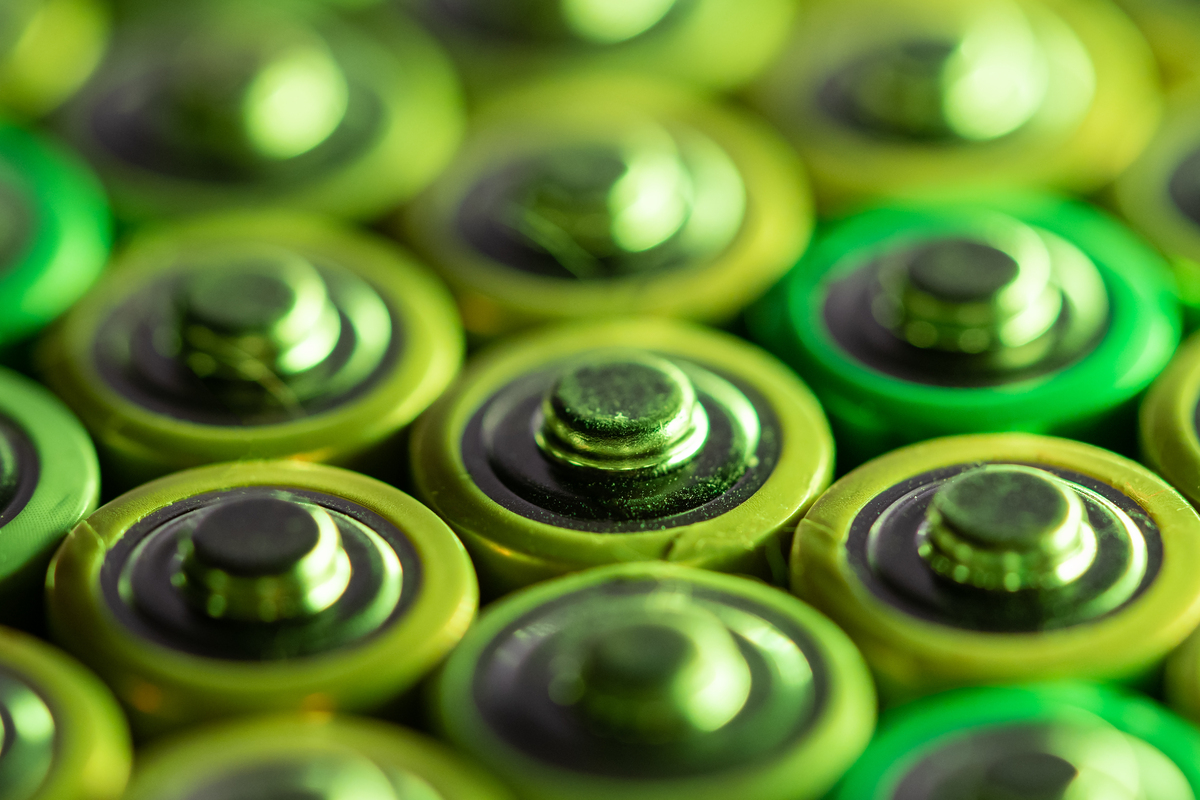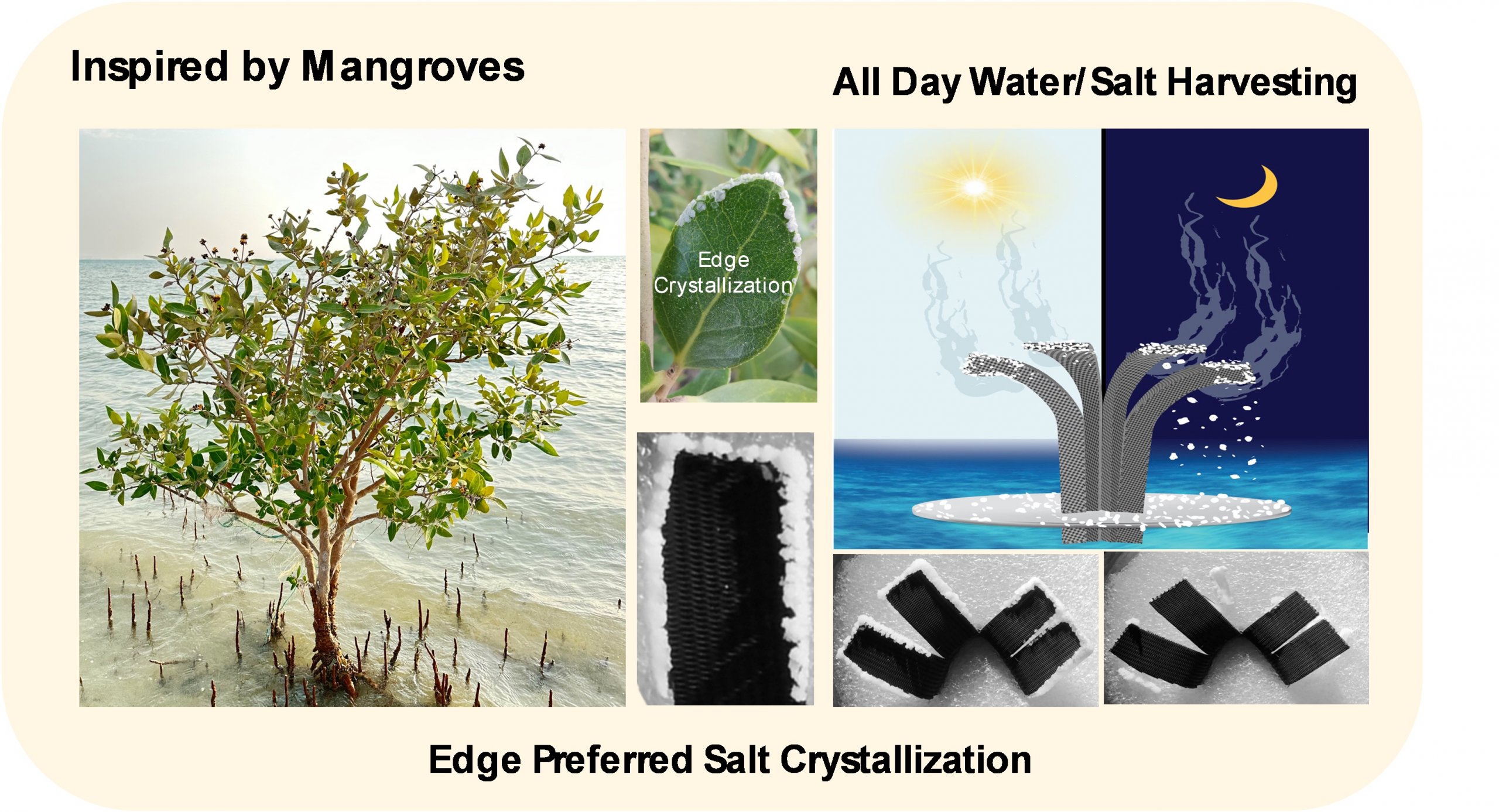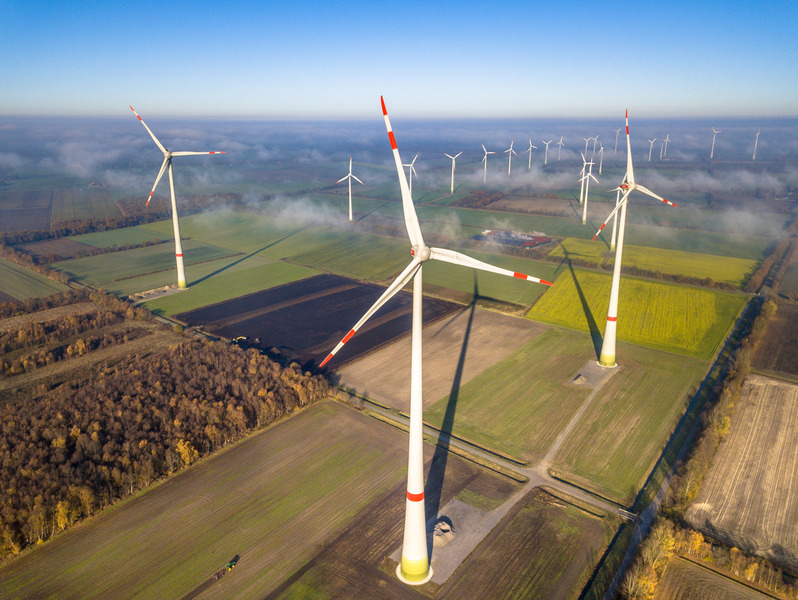Masdar Institute is committed to developing the sustainable technologies needed to overcome some of the most pressing water issues facing communities across the world.
“Water is mankind’s most precious resource. Yet in many parts of the world, including ours, freshwater is increasingly scarce. Sustainable, secure and equitable access to water is a critical need for basic human health, security, and prosperity. That is why Masdar Institute is proud to lead dozens of collaborative water research projects and we invite industry, academia, and government to partner with us to further advance this research,” said Dr. Behjat Al Yousuf, Interim Provost, Masdar Institute.
The Institute is currently developing a range of sustainable solutions needed to innovate across the entire water spectrum; from production, treatment, conservation, and monitoring, to contribute to increased global and local water security.
PRODUCING FRESHWATER SUSTAINABLY
One of the biggest technical challenges to sustainable water supply in arid regions is the energy demand of desalination, which is the process where saltwater is distilled into freshwater. In the UAE in particular, this energy load can be very significant, given that desalination is responsible for meeting about 40% of the country’s freshwater. That is why researchers at Masdar Institute are working to develop desalination technologies that will produce freshwater in a low-cost and environmentally-friendly way.
One such project is looking to make the membranes that filter out undesirable materials from saltwater more efficient and effective.
Dr. Hassan Arafat, Associate Professor of Water and Environmental Engineering, is developing novel membranes for a desalination technology that is better suited for very high salt content, known as membrane distillation (MD).
MD works by evaporating very saline water through the microscopic pores of a membrane to separate the salt and other impurities it contains, which can be done by various means including heat sources including solar, geothermal and waste heat.
TREATING WASTEWATER
Another key component to the water security puzzle is ensuring that all water resources are utilized to their fullest, for which high-quality wastewater treatment is essential. In countries like the UAE, where freshwater is distilled from saltwater at significant cost, treated wastewater provides a complementary approach to desalination. While currently Abu Dhabi uses 60% of its treated wastewater for landscaping and industrial purposes, it has set a target of treating and reusing 100% of its wastewater. Researchers at Masdar Institute are working to develop some of the technologies and systems to help the emirate and others reach that ultimate water reuse goal.
One such wastewater project that promises to remove contaminants more effectively is led by Assistant Professor of Chemical and Environmental Engineering, Dr. Shadi Hasan. This project is developing a technology that couples nanowire filtration – filters made of thin nanoparticles – with bio-electrochemical treatment – whereby microbes break down organic matter in anaerobic conditions, producing free electrons for electricity.
The system – which is the result of a collaborative research project with the Massachusetts Institute of Technology (MIT) – filters out more of the organic and inorganic contaminants, as well as heavy metals and harmful microbes, than conventional wastewater treatment technologies.
Another project aims to reduce the operational cost and energy footprint of wastewater treatment plants and is being led by Dr. Jorge Rodriguez, Associate Professor of Chemical and Environmental Engineering.
The project supports the development of more efficient nitrogen removal from Abu Dhabi’s wastewater, as removing nitrogen can account for 30% to 60% of a wastewater treatment plant’s operation costs. In an attempt to make nitrogen removal more efficient, Dr. Rodriguez has collaborated with VeBes O&M – a wastewater treatment plant operating and maintenance company – to develop a mathematical model of the microbial metabolisms involved in the nitrogen cycle and the impact of high temperature and salinity on their performance in order to identify opportunities for a smaller energy footprint treatment operation.
CONSERVING WATER
While water production and water treatment play a critical role in achieving a holistic water balance, without water conservation efforts, much of this precious resource will be wasted. Water conservation is particularly important in the UAE, as its water consumption levels have been among the highest in the world. Abu Dhabi alone consumes over 24 times its natural recharge rate – which refers to the ability to naturally replenish groundwater reserves.
In an attempt to help the UAE conserve more water, Masdar Institute is developing technologies that will reduce the amount of freshwater consumed by the country’s thirstiest industry, agriculture, which accounts for approximately 72% of the total freshwater consumed. Thus, finding ways to minimize the amount of water needed to grow crops could significantly bolster the UAE’s ability to produce locally-grown food sustainably while preserving its limited water resource.
Soil quality is key to sustainable agriculture, which is why Dr. Lina Yousef, Assistant Professor of Chemical and Environmental Engineering, is conducting research aimed at improving the structure of soil so that plant roots can absorb water more easily and thus grow more efficiently. She aims to do this by adding carbon, made from organic agricultural waste, to the soil.
“Using the process of pyrolysis, we intend to turn readily available green farm waste into an inert form of carbon known as ‘biochar,’ which can then be mixed back into the soil to improve the soil’s water uptake,” Dr. Yousef explained. Biochar also helps sequester atmospheric carbon dioxide into the earth as soil carbon, which will help the UAE achieve its carbon-emission reduction goals.
Another project that aims to increase soil’s productivity and conserve the amount of water needed to grow crops is being led by Master’s student Fatima Al Jallaf, who is working under the supervision of Dr. Hector Hernandez, Assistant Professor of Chemical Engineering.
Al Jallaf is developing a microbead that can enhance soil fertility and moisture content. The microbeads, which are made out of local biomass waste and novel hydrogel materials, are mixed into the soil where they will slowly degrade and release moisture and nutrients, making the soil better able to support agriculture with less water.
MONITORING WATER
Efforts to produce, treat and conserve the UAE’s freshwater would go to waste without accurate monitoring of the country’s water resources. Monitoring not only helps protect the UAE’s precious marine ecosystem, but it also helps to account for all the various water expenses – how and where water is consumed and how quickly it is replenished – information that is critically needed for the development of a sustainable water infrastructure.
To help manage the UAE’s water resources, a Masdar Institute project has resulted in the development of a hydro-climate model that can accurately predict the UAE’s key climatic variables – like temperature, precipitation and soil moisture – which are critical to understanding what the UAE’s water resources will look like in the future.
“Our model predictions will provide the UAE with the crucial information needed to support decision making processes in a number of fields, including water resources management, public health planning and renewable energy development, thus bringing Abu Dhabi closer to its goals of increased welfare, security and sustainability for its people and their future,” said Dr. Taha B.M.J. Ouarda, Professor of Water and Environmental Engineering and the principal investigator of this project.
Masdar Institute is also developing technologies that protect the UAE’s marine ecosystem through sophisticated monitoring systems that detect, monitor and track events such as toxic algae blooms and oil spills, which are detrimental to the country’s water resources.
Leading this project, Dr. Marouane Temimi, Associate Professor of Chemical and Environmental Engineering, said, “The monitoring system will improve response time to and prevention of harmful events, which will protect marine and coastal environments and make seawater desalination safer.”
CONCLUSION
Water is not only one of the UAE’s targeted National Innovation Strategy sectors, but it is also a critical global need due to scarcity of natural freshwater resources in the face of increasing population and water demand. In response to this critical need, Masdar Institute commits to leading water-related research. Through these research and development efforts, the Institute will help the UAE and the wider world achieve a sustainable water balance.
Erica Solomon
News and Features Writer
28 March 2016






